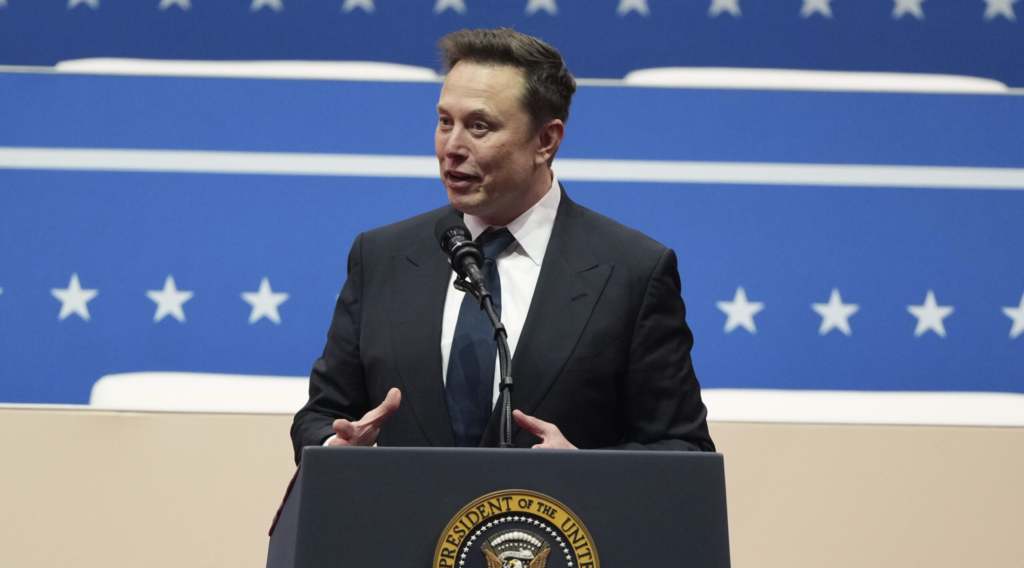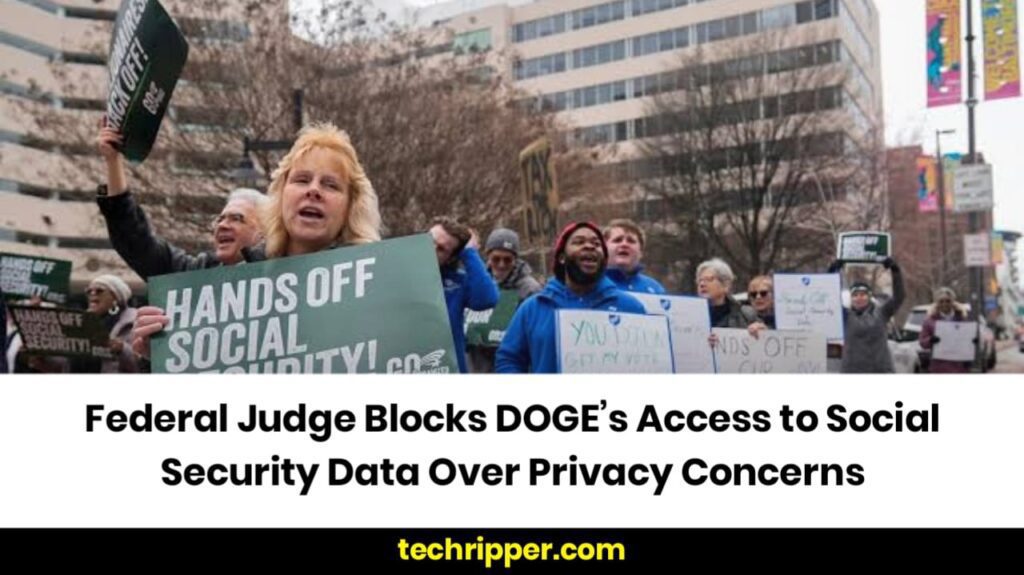A U.S. District Court judge has issued an order blocking the Department of Government Efficiency (DOGE) from accessing Social Security Administration (SSA) databases that contain the personal information of millions of Americans. The ruling, issued on Thursday by Judge Ellen Hollander in Maryland, raises serious privacy and cybersecurity concerns regarding the government’s handling of sensitive data.
Court Ruling and Privacy Violations
In her decision, Judge Hollander stated that DOGE was conducting a broad and unjustified search for fraud, calling it a “fishing expedition” based on “little more than suspicion.”For more details on U.S. privacy laws, visit the Federal Trade Commission’s website.
The ruling highlighted that DOGE failed to:

- Provide a legitimate justification for accessing SSA databases.
- Explain why it needed access to Social Security numbers, medical records, driver’s license numbers, tax information, and other personal data.
- Address concerns about potential violations of federal privacy laws and cybersecurity risks.
DOGE’s Unauthorized Access and Staff Involvement
The court filing revealed that DOGE had 10 staffers stationed at SSA offices, seven of whom had direct access to personally identifiable information within SSA’s systems. Notably, Akash Bobba and Scott Coulter were among those identified as having access.
SSA initially granted DOGE access to its systems, but the court order now restricts any further data retrieval. This decision raises questions about SSA’s data security policies and whether other government agencies might also have access to sensitive citizen information.
Cybersecurity Risks and Public Concerns
Judge Hollander’s ruling also warned of cybersecurity risks posed by DOGE’s access to SSA databases. With data breaches and identity theft on the rise, allowing an agency like DOGE unrestricted access to millions of records could have serious national security implications.For recent cybersecurity developments, follow TechCrunch’s coverage.
The decision aligns with growing public concern over government surveillance and data misuse.
What’s Next for DOGE and SSA?
With the court order now in place, DOGE must cease access to SSA databases immediately. However, legal experts believe that the agency may appeal the decision or seek alternative ways to justify its data requests.
Stay updated on legal actions and government privacy disputes through Reuters’ legal news.This case could have wider implications for government oversight, privacy rights, and federal cybersecurity policies.
For now, the ruling is a major win for privacy advocates, reinforcing that federal agencies must follow strict legal guidelines before accessing sensitive citizen data.
Also Read : OpenAI Research Lead Noam Brown Says AI ‘Reasoning’ Models Could Have Emerged Decades Ago

